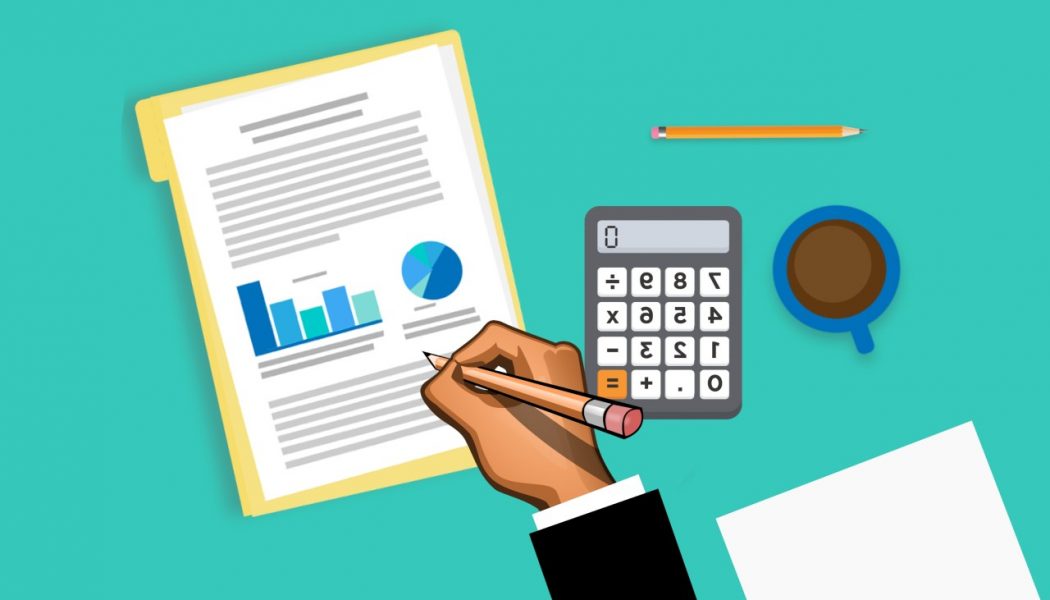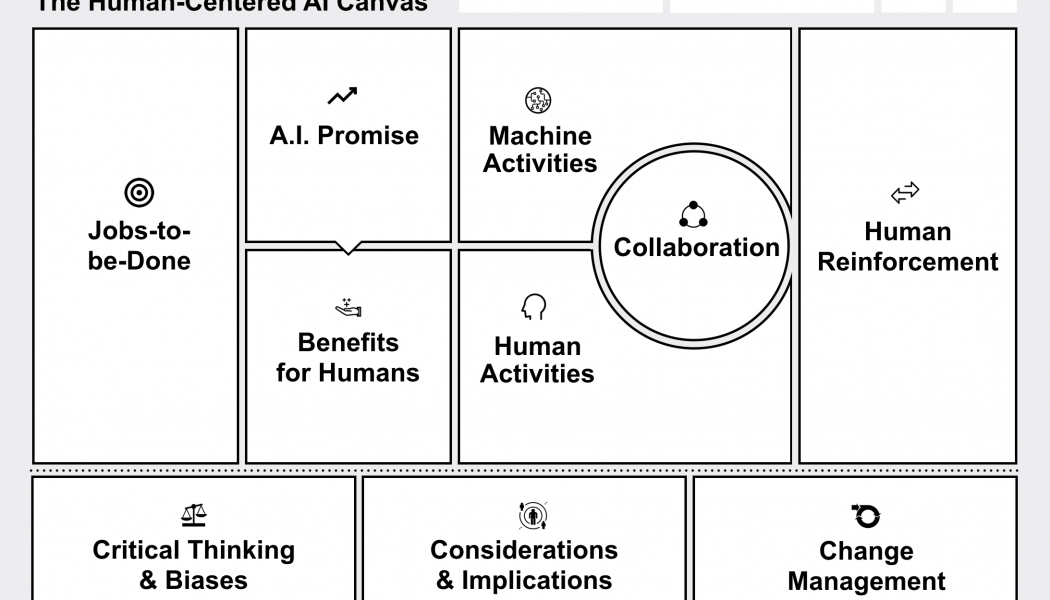AI
How AI Puts the ‘Smart’ in Smartphones
Artificial intelligence (AI) is a wide-ranging branch of computer science concerned with building smart devices capable of performing tasks that typically require human intelligence. From the realm of science fiction, AI has evolved to, in some applications, match human performance, with the latest facial-recognition software having a 99% accuracy rate. Strategy Analytics, a company that shares insights and analytics, states that 41% of consumers believe AI will improve their lives in some way and South Africa isn’t lagging behind the rest of the world in its development and application of this cutting-edge technology either. “We’re seeing even more companies using AI in more daring ways through innovative products or services that disrupt the status quo,’ says Dries Cronje, CEO at Deep Le...
AI Robot Rapper FN Meka Releases New Single “Speed Demon”
From Bot Dylan to digital film curators, there’s a whole wide world of AI robots out there slowly encroaching on human skills, and FN Meka is the latest to join the bunch. The bot, who’s credited as being the world’s first AI-powered robot rapper, just released a new single called “Speed Demon” that’s already making waves on TikTok. According to a press release, FN Meka is powered by Vydia, a distributor that provides a platform for his label, “which lives in a dimension somewhere between the human world and the virtual world, empowering not only these unique creators, but the teams behind them.” Together, they’ve released a handful of singles like “Moonwalkin” and “Internet” in addition to this new track. What’s a robot rapper sound like exactly? Well, “Speed Demon” isn’t all that inventi...
COVID-19 Fuels Global Appetite for App Modernization, AI and Edge Computing
COVID-19 has catalysed the speed and depth of the world’s digital transformation efforts, according to F5’s latest State of Application Strategy (SOAS) report. This year’s report strongly underlines how the need to improve connectivity, reduce latency, ensure security, and harness data-driven insights is intensifying. It also points to an elevated interest in cloud, as-a-service solutions, edge computing, and application security and delivery technologies. “The COVID-19 pandemic has vastly accelerated a global digital transformation that was already underway. Progress that might normally have taken a decade has leapt forward in a single year,” says Lori MacVittie, Principal Technical Evangelist, Office of the CTO at F5. “In a short time, more organization...
PDP: Ex-service chiefs’ ambassadorial portfolio insufficient to stop ICC investigation
The Peoples Democratic Party, PDP, has taken a swipe at the All Progressives Congress, APC, leadership in the Senate for “betraying Nigerians” by clearing former services chiefs for ambassadorial portfolios despite allegation of crime against humanity committed under their command. The party however insisted that the clearance will not stop the investigation and possible prosecution of the accused commanders by the International Criminal Court, ICC, for crime against humanity, with preliminary steps to have been initiated. In a statement issued by Kola Ologbondiyan, national public secretary of the party, the PDP described as horrendous the fact that the APC leadership in the Senate “could choose to betray Nigerians by rushing to clear the accused ex-service chiefs in a desperate attempt t...
Will Technology Reinvent ‘the New Normal’ in 2021?
2020 can only be described as an unpredictable year, and one that brought with it some of the most dramatic shifts we’ve seen in the way we live and work. In a year of uncertainty, it’s safe to say that technology was the one constant – the platform that transformed the fundamentals of commerce, healthcare, education and financial services across the world. Disruption is a process that plays out over time; sometimes slowly, but completely and the pandemic proved this to be true. It showed that it’s imperative for organisations to invest in a holistic and strategic approach to respond to the pace of disruption. This investment calls for the convergence of technologies, to connect, collaborate and create new services that will ultimately help weather disruption. As we head into 2021, the MER...
PDP tasks Joe Biden to sanction APC leaders, officials for ‘corruption, assault on democracy’
The Peoples Democratic Party, PDP, has commends United States President Joe Biden for lifting the immigration visa restrictions on regular Nigerians but urged him to impose firm sanctions on leaders of the All Progressives Congress (APC) and officials of the Buhari administration involved in acts of corruption and undermining our nation’s democracy. The post PDP tasks Joe Biden to sanction APC leaders, officials for ‘corruption, assault on democracy’ appeared first on TODAY. You Deserve to Make Money Even When you are looking for Dates Online. So we reimagined what a dating should be. It begins with giving you back power. Get to meet Beautiful people, chat and make money in the process. Earn rewards by chatting, sharing photos, blogging and help give users back their fair share...
Why Responsible AI is Built Around Human-Centred Design
Responsible artificial intelligence (AI) provides a framework for building trust in the AI solutions of an organisation, according to a report from Accenture. It is defined as the practice of designing, developing, and deploying AI with good intention to empower employees and businesses, and fairly impact customers and society. In turn, this allows companies to stimulate trust and scale AI with confidence. With technology starting to become commonplace, more organisations around the world are seeing the need to adopt responsible AI. For example, Microsoft relies on an AI, Ethics, and Effects in Engineering and Research (Aether) Committee to advise its leadership on the challenges and opportunities presented by AI innovations. Some of the elements the committee examines is how fairly AI sys...
How an Engaged Workforce could Make or Break a Business’s AI Strategy
Employees across the world are concerned about the impact automation could have on them, brought into clear focus as the world navigates one of the greatest periods of uncertainty in history. Data shows that AI has the potential to create more jobs than it takes away, augmenting human ingenuity and removing many of the mundane tasks people don’t enjoy. However, organisations still need to be deliberate around how they address change management if they want their staff to embrace it. The question is what does an effective change management strategy look like? According to Microsoft’s AI Maturity in the Middle East and Africa report, regional leaders in AI have achieved success by focusing on three key areas: 1. An open culture reduces uncertainty /* custom css */ .tdi_3_199.td-a-rec-img{ te...





















